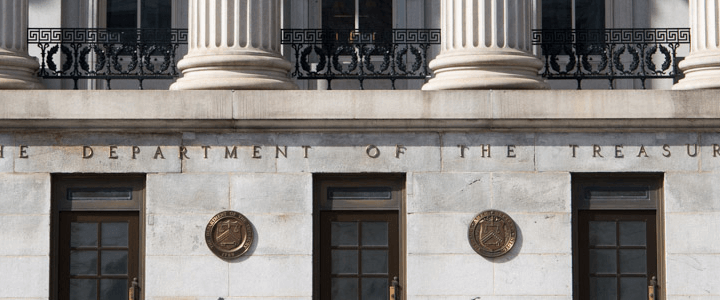Years ago, when I was an OPM investigator, I had the privilege of working on a case with the U.S. Postal Inspection Service. The subject of my security clearance investigation was accused of assaulting a postal employee, and the Inspectors were keen to exchange information – which included potentially valuable admissions of guilt the subject had made during my security interview. The experience was a fascinating window into one of the least-known of all federal law enforcement agencies.
As it turns out, the Postal Inspectors have quite the cool gig. Many get the luxury of working from home, and they investigate an incredibly wide range of crimes. A lot of illegal stuff – drugs, weapons, child pornography, etc. – goes through the mail. But even more mail gets stolen.
Fewer categories of people are more impacted by mail theft than security clearance holders. That’s because mail theft usually results in identity theft; and identity theft means fraudulently obtained credit that winds-up on the clearance holder’s credit report. The average victim of identity theft has “only” to clean-up the mess with creditors and credit reporting bureaus – a miserable enough task – but a security clearance holder must go the extra step of proving the identity theft to the satisfaction of the government. That can be easier said than done, and a failure to prove one’s case can mean the loss of security clearance on purported financial irresponsibility grounds.
With that in mind, here are a few tips from the Postal Inspectors on preventing mail theft:
- Use the letter slots inside your Post Office for your mail, or hand it to a letter carrier.
- Pick up your mail promptly after delivery. Don’t leave it in your mailbox overnight. If you’re expecting checks, credit cards, or other negotiable items, ask a trusted friend or neighbor to pick up your mail.
- If you don’t receive a check or other valuable mail you’re expecting, contact the issuing agency immediately.
- If you change your address, immediately notify your Post Office and anyone with whom you do business via the mail.
- Don’t send cash in the mail.
- Tell your Post Office when you’ll be out of town, so they can hold your mail until you return.
- Report all suspected mail theft to a Postal Inspector.
- Consider starting a neighborhood watch program. By exchanging work and vacation schedules with trusted friends and neighbors, you can watch each other’s mailboxes (as well as homes).
- Consult with your local Postmaster for the most up-to-date regulations on mailboxes, including the availability of locked centralized or curbside mailboxes.
Finally, although the Postal Service may not want to advertise this, I would point out that the advent of auto-billing and electronic bill payment may present more secure options than sending checks through the mail.
If you are still unfortunate enough to be the victim of stolen mail (or any other form of identity theft) file a police report immediately and keep a thorough paper trail of your efforts to resolve the situation. This may sound like obvious advice, but I can’t tell you how many people I’ve defended in security clearance cases who simply didn’t think to do this.
This article is intended as general information only and should not be construed as legal advice. Consult an attorney regarding your specific situation.



